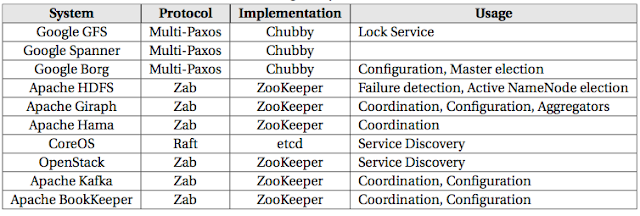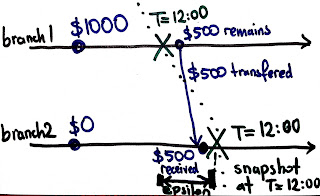HPTS trip report (days 0 and 1)

Last week, from Sunday to Tuesday night, I attended the 16th International Workshop on High Performance Transaction Systems (HPTS). HPTS is an unconventional workshop. "Every two years, HPTS brings together a lively and opinionated group of participants to discuss and debate the pressing topics that affect today's systems and their design and implementation, especially where scalability is concerned. The workshop includes position paper presentations, panels, moderated discussions, and significant time for casual interaction. The only publications are slide decks by presenters who choose to post them." HPTS is by invitation only and keeps it under 100 participants. The workshop brings together experts from both industry and academia so they mix and interact. Looking at the program committee, you can see names of entrepreneurs venture capitalists ( David Cheriton , Sequoia Capital), large web companies (Google, Facebook, Salesforce, Cloudera), and academics. HPTS is le...






